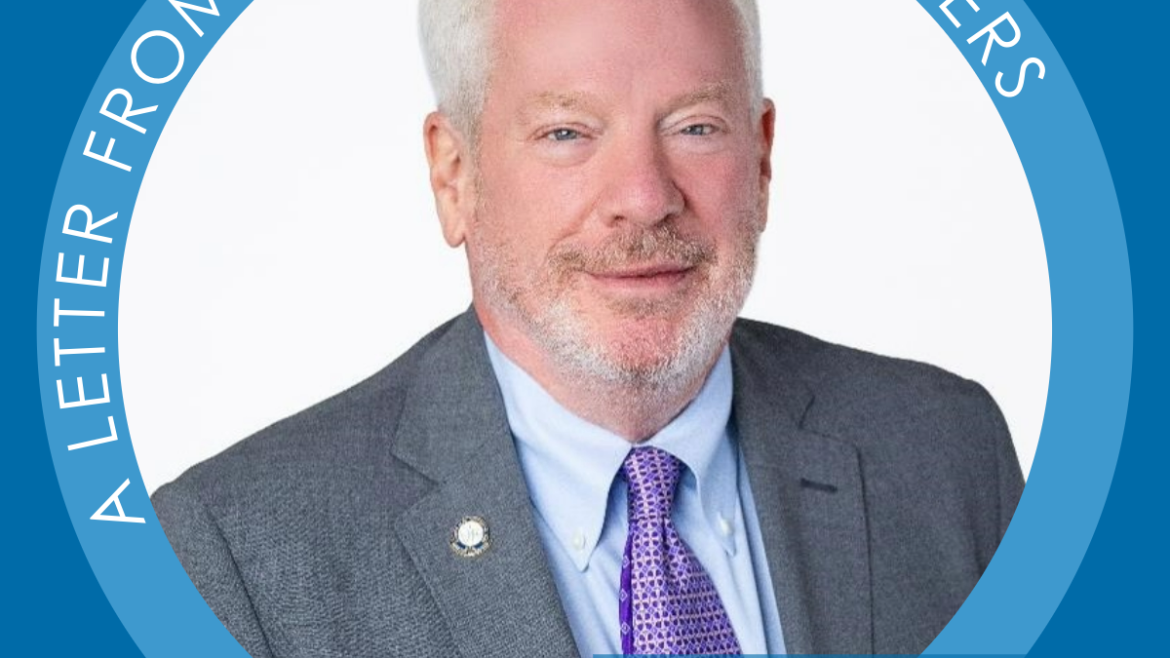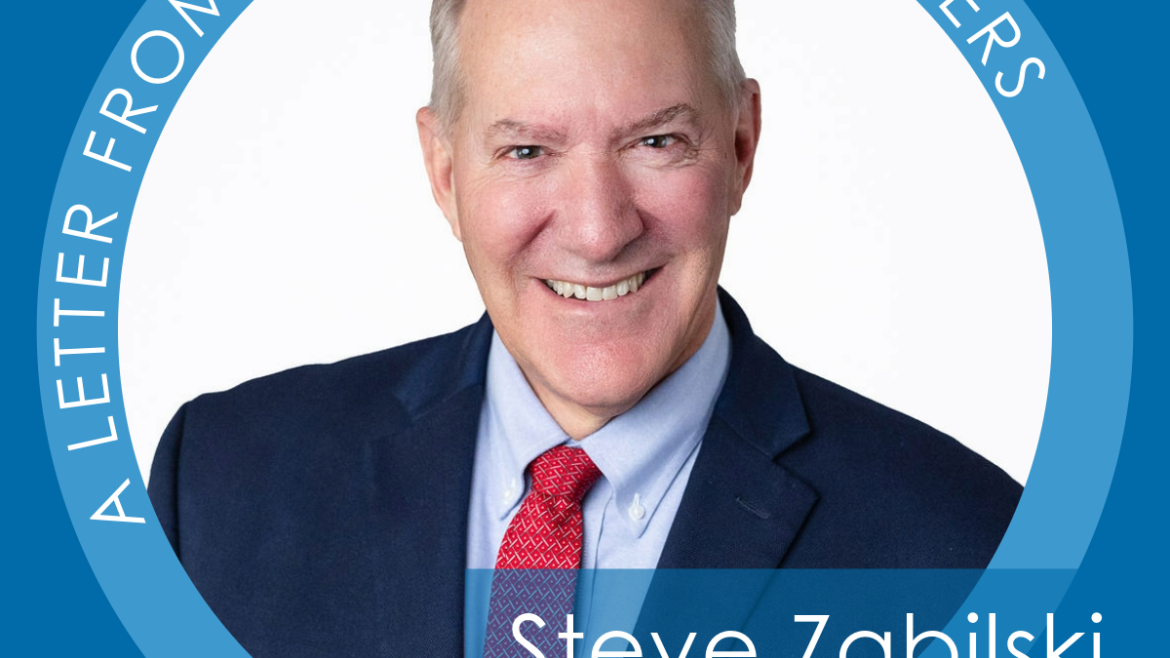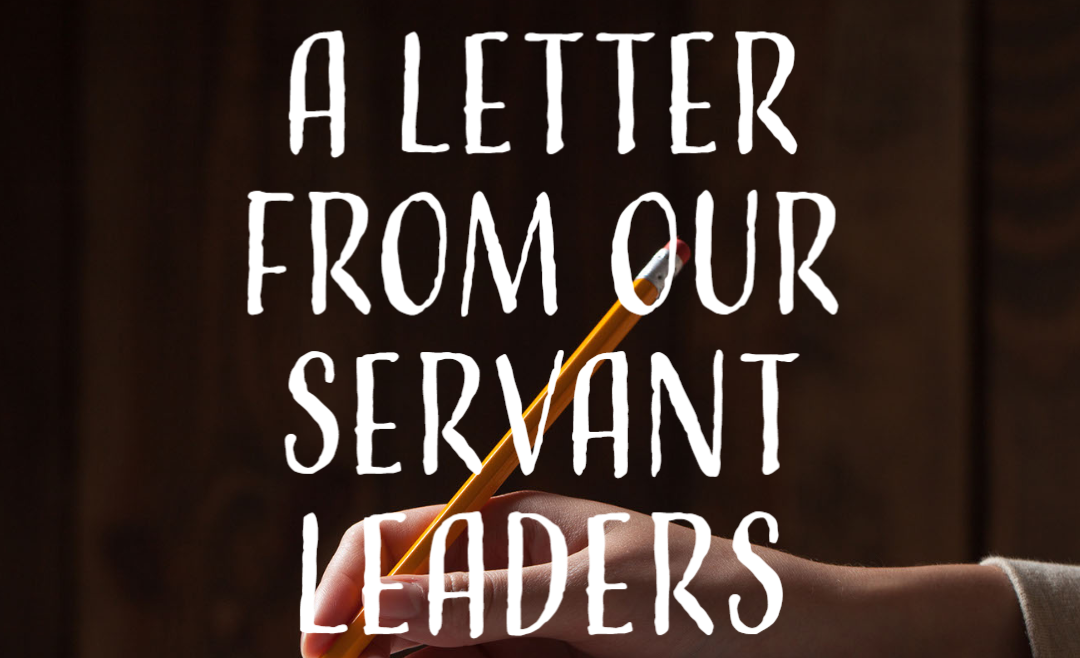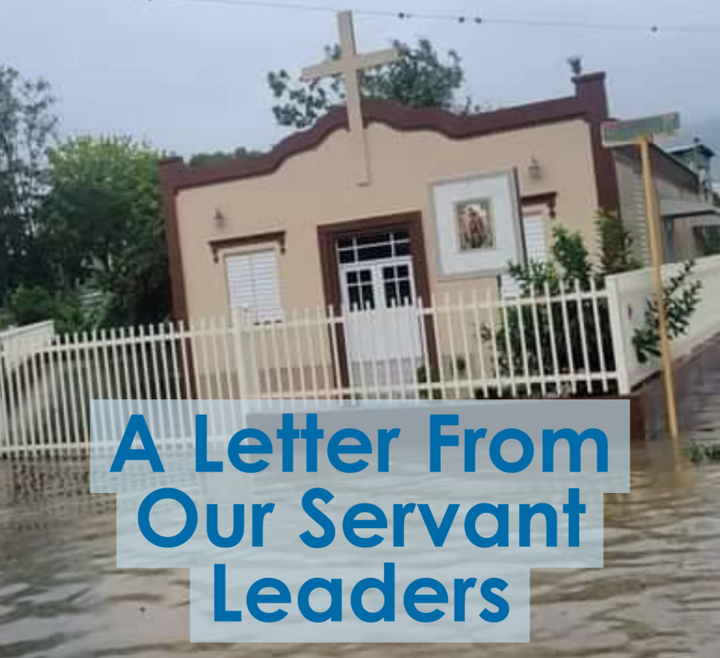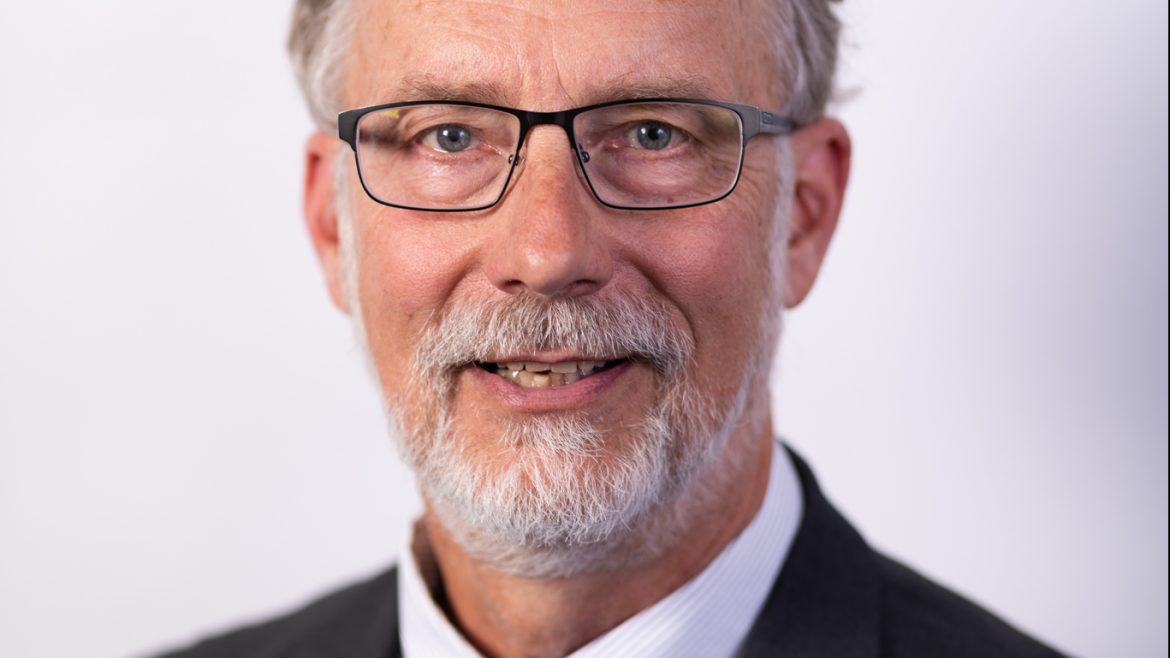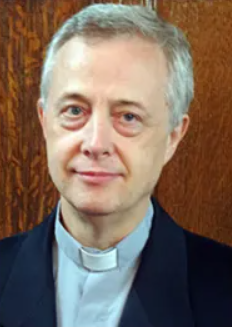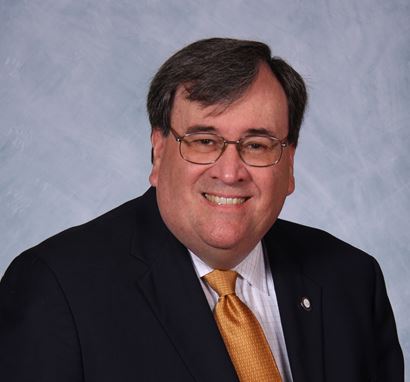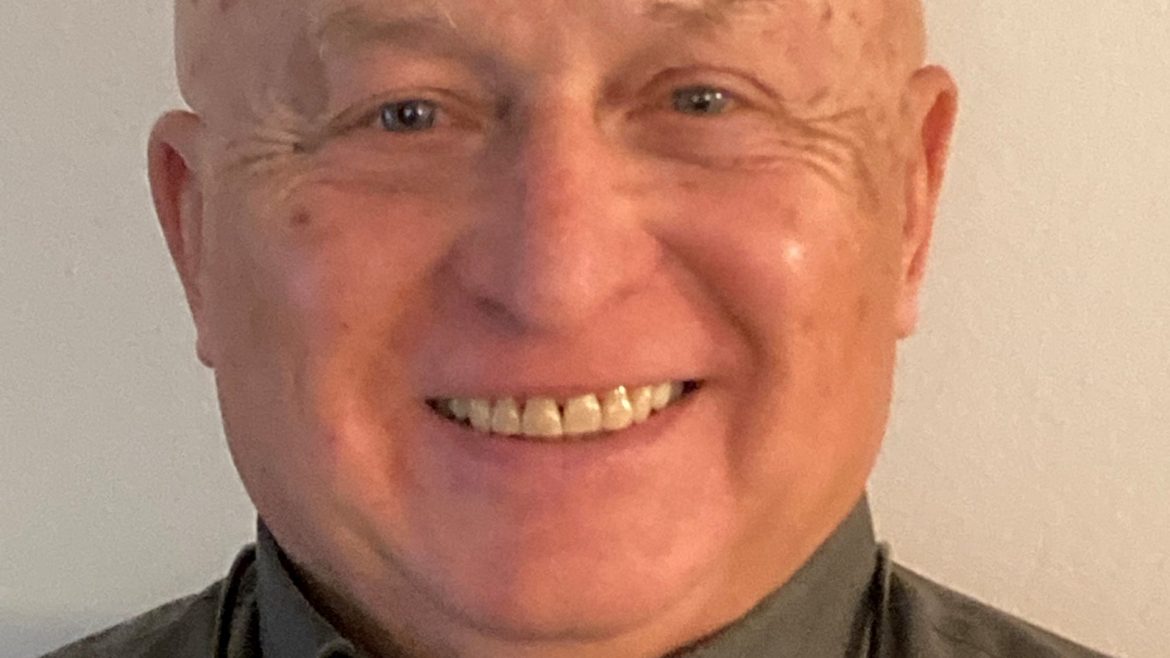With the New Year arriving in a week and a half we’ve all been inundated with news stories and articles containing end of the year reviews, lists of the top ten this, that, and the other things of 2023, and predictions for what 2024 will bring (usually all very wrong).
I promise you that this final Servant Leader column of 2023 won’t be one of those. We all pretty much know what we accomplished in 2023, and there is no one who can tell you what is going to happen in 2024. (Remember COVID in early 2020? Remember all those predictions of a worldwide pandemic that we heard about at the end of 2019? Yeah, me neither.)
Rather, than predictions for the future, I’d like to focus this column on our vision for the future. What differentiates a vision from a prediction? A vision is our declaration of what we want to make happen. A prediction is what we think will happen to us, outside of our control.
Vision is crucial for both individuals and organizations like SVdP because it serves as a guiding force that shapes our actions and decisions. For individuals, a personal vision provides a sense of purpose and direction, helping to prioritize goals and make choices that align with our aspirations. A vision instills motivation and resilience, fostering a proactive mindset. Organizations with well-defined visions create a shared sense of purpose that facilitates coordination and cohesion. A compelling vision inspires innovation and planning, guiding us toward long-term success. Overall, having a vision not only provides clarity but also serves as a motivational force for individuals and a unifying principle for organizations.
Take a moment and reflect on one person that we are all very familiar with, Blessed Frederic Ozanam. Below are two visions that he spoke about in his lifetime.
He talked about his personal vision:
“In my life I want to become better and do a little good.”
and
“I would like to embrace the whole world in a network of charity.”
But he also, actually at a much earlier time of his life, spoke about a vision for an organization that didn’t even exist yet – but that he knew he wanted to see brought to life:
“I will be delighted if some friends gather around me! Then, if we join our efforts, we could create something together, and others would join us, and perhaps one day all society will join under this protective shade: Catholicism, full of youth and strength, will rise up suddenly upon the world.”
Frederic’s organizational vision was written in 1831 when he was just 18 years old, two years before the founding of the Society! From that Vision, one of the largest and most impactful organizations on the face of this earth – The Society of St. Vincent de Paul – was born. And note the relationship between Frederic’s personal vision and his vision for the organization that would become SVdP. They are complementary and supportive of each other.
In 2024 and 2025 we will be focusing a lot on a process we are calling our VISION SVDP. I’ve referred to it as our ‘Family Conversation.’ It is a multi-year synodal based conversation at every level of the Society, beginning at the Conference. We are called to this conversation and review by our Rule which tells us that we are periodically obligated to ‘adapt to a changing world’.
One of the key things we will seek to accomplish in that process is defining our Shared Vision for SVdP as an organization, but it is also an important time to pray on, and refine, our own personal vision as a Vincentian.
Because developing a personal vision rooted in faith provides us with a profound sense of purpose and resilience. Faith instills a belief in a higher calling, aligning our personal aspirations with the SVdP mission. This shared spiritual foundation will help us foster a deeper connection among all Vincentians, promoting unity and cooperation toward common goals.
Faith serves as a source of motivation and strength during challenging times, enabling us to persevere when faced with obstacles. As Vincentians we daily deal with the challenges of helping neighbors in need when sometimes we don’t have the resources, the answers, or are facing our own burnout and stress. A personal vision based on faith and spiritual enrichment not only fuels our commitment but also contributes to a collective strength that propels the entire Vincentian family.
Christmas is a time to reflect and pray on renewal and rebirth, hope and transformation. Christmas symbolizes the birth of new beginnings, fostering a sense of joy and renewal. The idea of renewal and rebirth helps us reflect on starting afresh, embracing positive change, and experiencing a rejuvenation of spirit. And through that reflection we evoke in ourselves a sense of optimism and the hope for a brighter future.
As we celebrate this holy and blessed season, I hope we all take time to think about your personal commitment and vision and how you would like to see that vision come to life in our beloved Society of St. Vincent de Paul.
Debi and I wish you and your families a Blessed and Merry Christmas and a Happy New Year.
John

